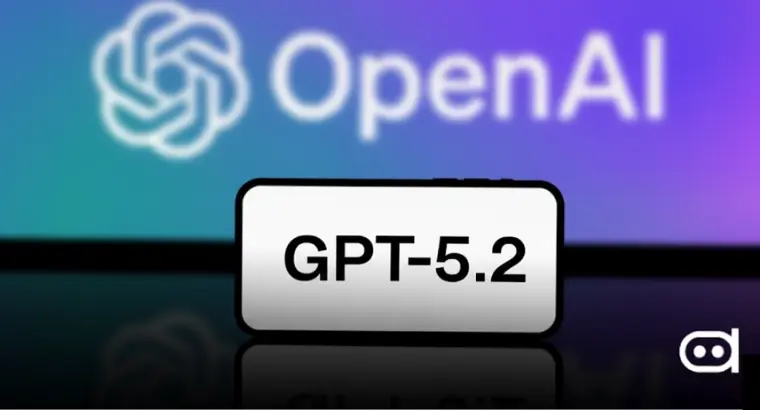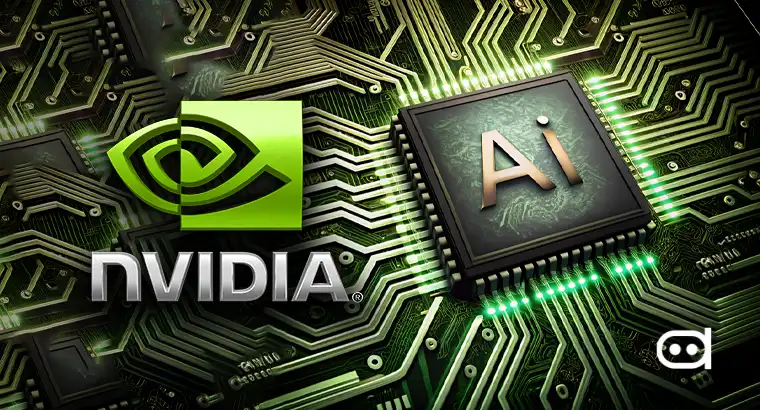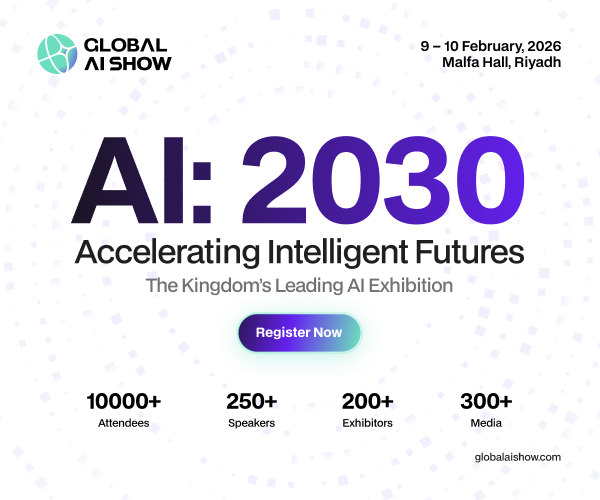
December 12, 2024 – Artificial intelligence remains a fascinating subject that has captured the attention of people across the globe to this day but still, it is yet to transform into the optimal solution it can and should become. The famous AI expert Yann LeCun, the present Chief AI Scientist at Meta opined that the society has seen great progress in the field of AI developments but noted that the field had a long way to go. He also shared his concerns regarding the trend towards regulation and how this could potentially stifle progress in this sector.
AI Progress Is Real, but the Revolution Is Yet to Come
The current progress made in the field of AI was acknowledged by LeCun, an expert in the domain, who pointed out that the majority of the advancements unveiled today stem from work that has been accomplished during the past forty years. The existing types of AI such as large language models and generative AI tools have transformed several sectors and brought about capabilities of automation and creation in numerous fields. However, he argued that all these are not a switch or revolution but the steady progression that values innovation. He thinks that the most radical shift is yet to come, especially when scientists start working with more complex architectures taking clues from biological brain.
He said he has faith in what could be achieved in future but equally posed a concern for excessive regulation. He agreed with the fact that federal laws are crucial in setting standards of ethical practices and halting fraudulent use, but demurred with very rigid policies that stifle growth and innovation. This is worrisome especially given the realization that there is increasing rivalry between some of the leading AI nations in the world. LeCun also drew attention to the balanced development where important problematics such as the protection of personal data, lack of biases, and safety are also considered.
LeCun also stressed, the need to work together across geographical borders in the realm of AI research and implementation. The existing development and innovation in this sector is fast and has led to countries and large technology firms racing against each other to be among the foremost. However, if the regulations are fragmented and dissimilar, it may slow down the exchange of ideas and technologies that are crucial to the progress of humanity in using AI for the benefits that it holds. He explained that it is imperative to develop an open platform, which will let the researchers work across the globe in order to unleash the full potential of AI.
Discussions have occurred regarding the role and contribution of large firms, namely Meta in the progression of AI. It also poses a problem of power concentration since some critics think that Amazon, Microsoft, Google, and IBM are dictating the future of AI. LeCun Lnonetheless, to address these issues are concerns, LeCun pointed out that Meta is committed to openness and collaboration. He emphasized the openness and the need to share the research with the rest of the AI society to increase access to such innovations.
LeCun has said these words at the time when governments of the world are discussing the ways to regulate artificial intelligence. For instance, the European Union has proposed a set of rules governing the use of artificial intelligence to be observed by countries in other regions of the globe. However, in countries such as the United States and China, discussions on AI policies are ongoing because they are yet to establish viable approaches towards addressing this unprecedented field. Discussions on such regulations show the lack of consensus on how to encourage innovation and provide requisite assurance that novel AI breakthroughs will not harm the public.
So long as technology is continuously developing, the question of limit and restraint will always be an issue. Scholars like Yann LeCun call for a positive attitude towards the future of AI that does not deny the risks it can have. The future of AI development will depend on how those concerned with its advancement are able to manage this fine balance.
Latest Stories:
BenevolentAI Reshapes Operations to Lead Next-Gen Drug Discovery
Workday Introduces AI Features to Transform Employee Engagement
STMicroelectronics Unveils First STM32 IoT Module with Qualcomm Collaboration











